The Good Families (1973)
장르 : 코미디
상영시간 : 0분
연출 : Djafar Damardji
시놉시스
Directed by Djafar Damardji.
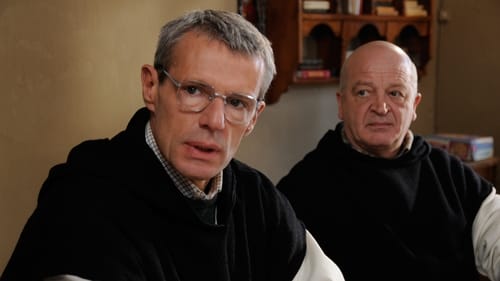
1996년 알제리 산골 수도원. 그 곳에 신과 인간 사이에서 숭고한 신념을 지켜낸 7명의 수도사와 1명의 의사가 있었다. 그들은 의료지원에서 고민상담까지, 가난한 마을 사람들의 몸과 마음의 상처를 치유해 주며 종교를 뛰어넘는 사랑으로 마을 사람들과 평화롭게 지낸다. 하지만 이슬람근본주의자들에 의한 내전사태가 심화되면서 평화롭던 생활은 위기에 빠진다. 신을 영접하는 수도사로 신의 사랑과 믿음을 몸소 실천하려 하지만 그들 역시 인간이기에 생명을 위협하는 폭력이 두렵다. 이제 그들은 신을 따르기 위해 수도원에 남아야 할지 안정된 삶을 쫓아 떠나야 할지, 삶과 신념을 사이에 둔 중대한 선택의 순간을 맞이하게 되는데…
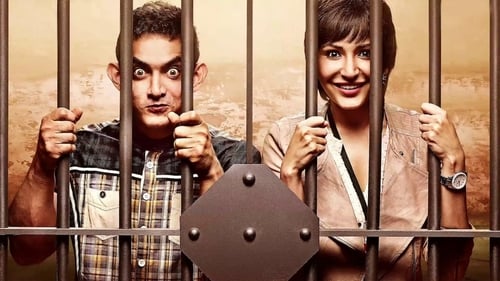
집(우주)으로 돌아갈 리모콘을 도둑 맞은 외계인 피케이(아미르 칸). 되찾을 수 있는 방법은 오직 신만이 알고 있다? 각종 종교 의식을 행하며 신을 찾아 헤매는데.. 우리를 만든 신! 우리가 만든 신! 당신이 믿는 신은 누굽니까? 9월 3일, 신에 대한 발칙한 도발이 시작된다!
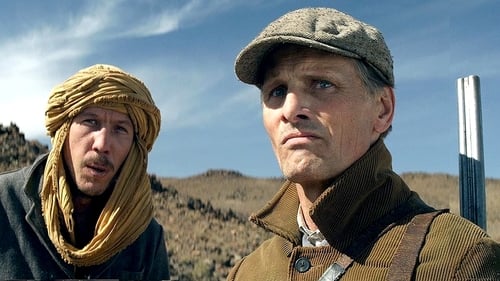
독립 전쟁이 한창이던 1954년 알제리. 목동들에게 불어를 가르치며 살고 있는 전직 군인 ‘다루’에게 어느 날 예기치 못한 명령이 내려진다. 사촌을 죽인 죄로 붙잡힌 ‘모하메드’를 팅기트로 인도해 재판 받게 하라는 것. 그를 데려가 죽이라는 것과 다름없는 명령을 도저히 따를 수 없는 ‘다루’와 자신은 반드시 팅기트에 가야만 한다는 ‘모하메드’. 결국 함께 길을 떠난 두 사람은 팅기트로 향하는 길에 알제리 독립군과 프랑스 정부군 간의 교전에 인질로 잡히고 마는데…
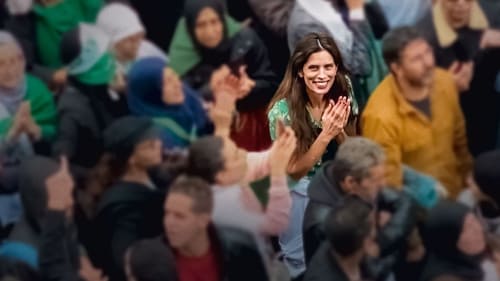
DNA revolves around a woman with close ties to a beloved Algerian grandfather who protected her from a toxic home life as a child. When he dies, it triggers a deep identity crisis as tensions between her extended family members escalate revealing new depths of resentment and bitterness.
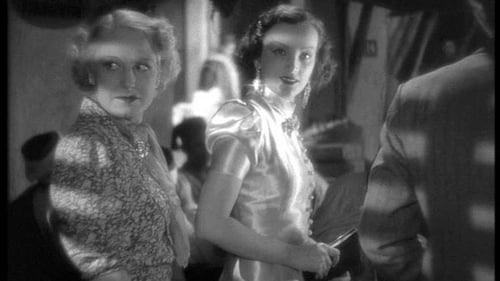
프랑스령인 카스바에서 은둔하고 있는 도둑들의 우두머리인 페페는 그 지역 사람들에게 두터운 신망을 받고 있다. 경찰은 도둑질을 하고 카스바로 숨어드는 그의 일당들을 잡아보려고 하지만 매번 페페를 도와주는 주민들에 의해 실패한다. 그러던 어느 날 밤, 페페는 경찰의 기습을 피해 달아나다가 마침 그곳을 여행 중이던 미모의 여자와 마주치게 되는데...
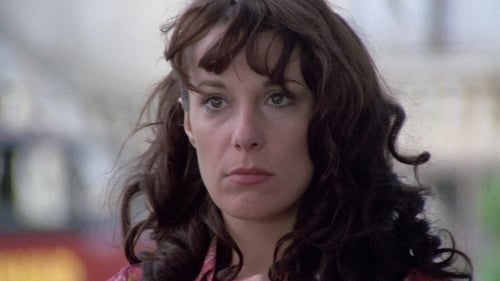
젊은 사회학자 스타니슬라스 프레빈은 여성 범죄자에 대해 연구하고 있다. 그는 인터뷰를 위해 직접 교도소를 찾아가고, 카미유를 만나게 된다. 연인을 살해한 혐의로 복역 중이던 카미유는 주변 사람들의 죽음과 관련이 있다는 의심을 받고 있다.
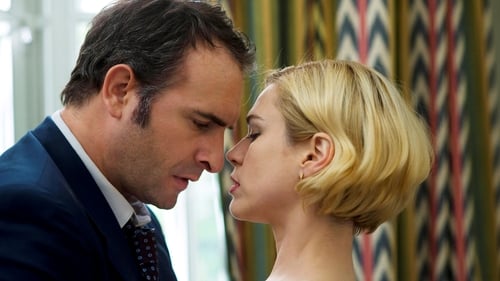
Happily married with a daughter, Marc is a successful real estate agent in Aix-en-Provence. One day, he has an appointment with a woman to view a traditional country house. A few hours later, Marc finally puts a name to her face. It's Cathy, the girl he was in love with growing up in Oran, Algeria, in the last days of the French colonial regime. Marc hurries to her hotel. They spend the night together. Then she's gone again. And Marc's mother tells him Cathy never left Algeria. She was killed with her father in a bombing just before independence...
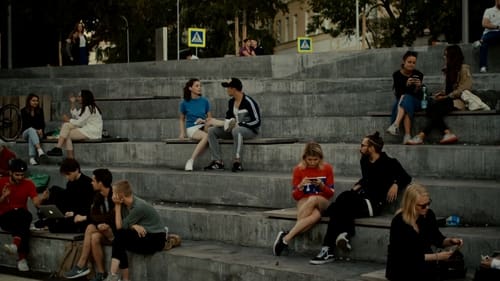
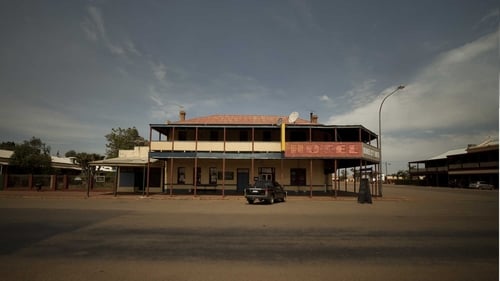
Described as “a nightmare version of Cheers” (POV Magazine) and “one of the most captivating Australian documentaries in recent memory” (Cinema Australia), HOTEL COOLGARDIE is a gripping portrait of outback Australia, as experienced by two ill-fated backpackers who find themselves the latest batch of “fresh meat” to work as barmaids in a remote mining town. Sometimes amusing, often confronting, the film has been applauded for its no-holds-barred, fly-on-the-wall storytelling, as it explores hot-button themes around misogyny and xenophobia via its depiction of two women attempting to adapt to living and working in a hyper-masculine, foreign environment.
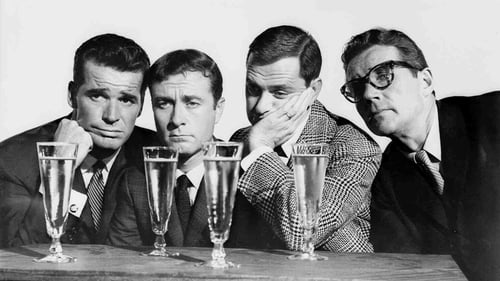
Fred, George, Doug and Howie are quickly reaching middle-age. Three of them are married, only Fred is still a bachelor. They want something different than their ordinary marriages, children and TV-dinners. In secret, they get themselves an apartment with a beautiful young woman, Kathy, for romantic rendezvous. But Kathy does not tell them that she is a sociology student researching the sexual life of the white middle-class male.
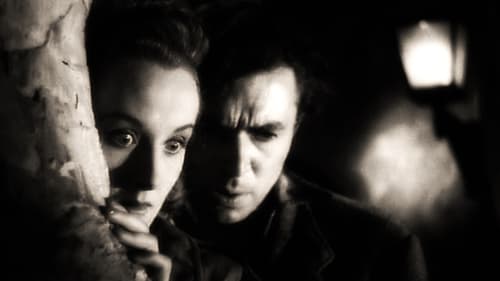
Candlelight in Algeria is a 1944 British war film directed by George King and starring James Mason, Carla Lehmann and Raymond Lovell. This drama follows the exploits of Eisenhower's top aide, Mark Clark, and other important Allies as they journey to an important meeting held on Algeria's coast. The precise location of this vital secret gathering is upon a piece of film which must not fall into enemy hands
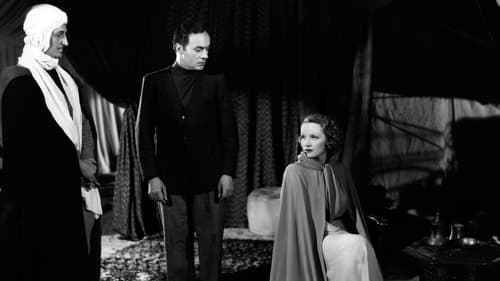
The star-crossed desert romance of a cloistered woman and a renegade monk.

What happens when western anthropologists descend on the Amazon and make one of the last unacculturated tribes in existence, the Yanomami, the most exhaustively filmed and studied tribe on the planet? Despite their "do no harm" creed and scientific aims, the small army of anthropologists that has studied the Yanomami since the 1960s has wreaked havoc among the tribe - and sparked a war within the anthropology community itself.

Arguing that advertising not only sells things, but also ideas about the world, media scholar Sut Jhally offers a blistering analysis of commercial culture's inability to let go of reactionary gender representations. Jhally's starting point is the breakthrough work of the late sociologist Erving Goffman, whose 1959 book The Presentation of the Self in Everyday Life prefigured the growing field of performance studies. Jhally applies Goffman's analysis of the body in print advertising to hundreds of print ads today, uncovering an astonishing pattern of regressive and destructive gender codes. By looking beyond advertising as a medium that simply sells products, and beyond analyses of gender that tend to focus on either biology or objectification, The Codes of Gender offers important insights into the social construction of masculinity and femininity, the relationship between gender and power, and the everyday performance of cultural norms.

Two deaf and dumb children. She is the daughter of an American Oil engineer. He is the son of an Algerian farmer. They meet and manage to communicate, transcending all the cultural barriers that separate them.

On an Algerian beach, kids splash about, sleep, squabble - and then suddenly go to war. And it’s neither Lord of the Flies nor La Guerre des boutons. In her first film, full of grace, Narimane Mari films this childish freefor- all closely, at the irregular pace of an imagination inspired by the highest form of reality, national History — actually, nothing less than the Algerian War of Independence. When their make-believe induces a general upheaval, we follow the flock of children as they stamp their feet up the stairs, invade houses, cross village squares, in a whirlwind of shouts and empty words. Time is stretched like in a dream, through a choreography of belligerent shadows or the night-time explosion of the cemetery, as so many warning signs of dangers to come.
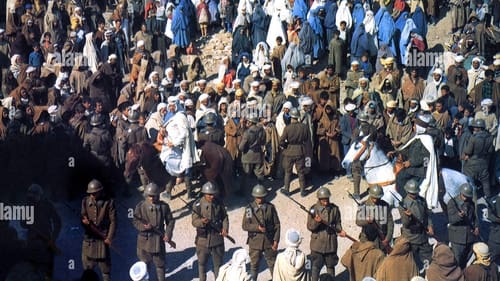
The beginings of the Algerian Revolution as seen through the eyes of a peasant.
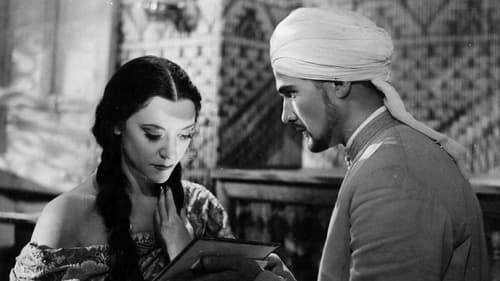
An old man about to die gives all his fortune to a young beggar he meets in an Arabian town. He takes him to his house (now the poor man's property) and he strongly advises him not to open one of the doors, the seventh door. "I could throw the key into the sea" says the young lad" No use, you'd dive to get it back". The young man is curious and he cannot resist temptation: he opens the forbidden door. A strange world is waiting for him where a girl, Leila, will be his guide .

Mounir Mekbek lives with his family in a small village in the heart of the Algerian countryside. Very proud and sure of himself, he has only one dream- to finally be appreciated by his fellow villagers. Screwing up his carefully maintained image is his headstrong, narcoleptic sister Rym who falls asleep anywhere and whom the village is convinced will end up a spinster. One evening, Mounir returns from town drunk and announces that he's found a suitor for his sister. The fake story snowballs and snowballs until the suitor morphs into a rich, blonde Australian. The village begins preparing for the wedding in earnest - but without a bridegroom in sight.

In Algiers in 1993, while the civil war is starting, Mrs Osmane's tenants have to endure her bad temper. Her husband left her and the fear to lose her respectability haunt her. The former member of the Resistance during the Independence War persists in controlling the slightest moves of the households rather than struggle against her own frustrations. Learning her daughter is in love, the possibility of finding herself alone will push her to the limit: The symbolical Mrs Osmane "harem" is about to collapse.
















